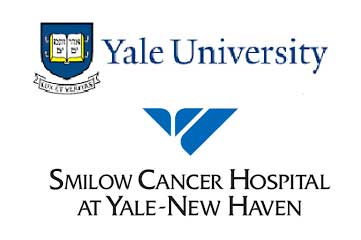FARMINGTON, CONN. MARCH 16, 2021
CytoVeris Inc., a medical technology company improving the quality of cancer care through smart optical imaging and surgical guidance technology, today announced the extension of the Company’s research partnership with Yale University. The collaboration continues to build and validate an AI-driven ‘smart’ algorithm which serves as the foundation for optical-based guided tools designed to accurately identify cancerous tissue during surgery.
“The collaboration with CytoVeris is integral to our mission of research into new and novel technologies for elevating cancer care for all patients,” said Dr. Malini Harigopal, Professor of Pathology Yale University School of Medicine and lead Principal Investigator on the pre-clinical study. “Through this collaboration, we hope to ultimately enable the development of new surgical tools that will enhance the quality of care in the operating room and improve patient outcomes.”
Dr. Harigopal is joined in the study by Co-Investigator Dr. Minghao Zhong, Associate Professor of Pathology at Yale School of Medicine.
The research collaboration has resulted in an extensive data set that has been used to train the Company’s ‘smart’ tissue classification algorithm, which will be integrated into its multi-spectral tissue imaging system, TumorMAP™. The extension of this collaboration will further validate the clinical application of this algorithm by identifying cancerous versus noncancerous tissue with a high degree of accuracy and specificity, referenced back to the pathological gold standard. This technology platform will enhance the quality of oncologic surgery by aiding surgeons to make more informed clinical decisions in real-time and may facilitate a more complete cancer resection.
“I am very pleased to announce the extension of our collaboration with Yale University. The research study we have conducted over the last 18 months has been instrumental in advancing our product development,” said Dr. Alan Kersey, CytoVeris President and CEO. “We are looking forward to continuing our collaboration through the end of 2021, and plan to evaluate the suitability for an extended collaboration moving from pre-clinical research to an intraoperative clinical study with Yale University in 2022.”

